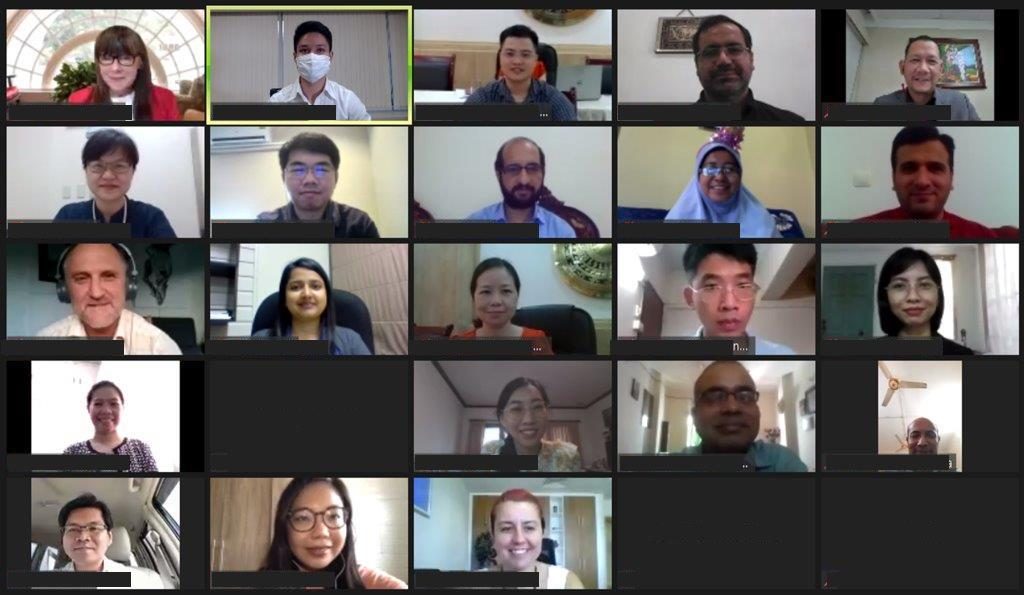
Select Page

Governments in Asia and the Pacific and beyond face challenges in delivering improved performance in key areas of public service. More voices are questioning the traditional public-sector approaches to strategy and policy. In an increasingly complex, interconnected, uncertain world, government officials frequently face the problem of unintended consequences. Scenario thinking is one means of updating traditional strategy processes in government. Scenarios are plausible stories about the future that are developed and used to encourage strategic conversations. They are decision-making tools that help break the habit of assuming that the future will look like the present and create a safe space for dialogue and acknowledging uncertainty.
To provide member countries with knowledge on how to develop scenarios and apply scenario thinking to their productivity challenges, the APO organized a virtual workshop on Scenario Development conducted with the support of the Thailand Productivity Institute. While the APO has offered several projects on scenario planning and other strategic foresight tools, this was the first workshop on foresight and scenario planning to be conducted virtually due to the ongoing global COVID-19 pandemic. With the success of this project, the APO plans to conduct more virtual sessions on the topic in the future.
The workshop attracted 24 virtual participants from 11 APO member countries on 1, 3, and 4 September 2020. It was facilitated by two resource persons from the Australian Center for Strategic Foresight, Dr. Anita Sykes-Kelleher and Marcus Barber. Most participants had public-sector backgrounds, representing agencies and ministries involved in national productivity, industry, and governance. There were also participants from the private sector, representing chambers of commerce and major corporations.
In addition to learning from the resource persons’ presentations, this workshop involved extensive group discussions and group work as participants prepared and shared the scenarios and strategies they developed on the future of agriculture in the Asia-Pacific region. They all planned to apply their learning on this topic to the pressing long-term issues their own organizations are attempting to resolve.